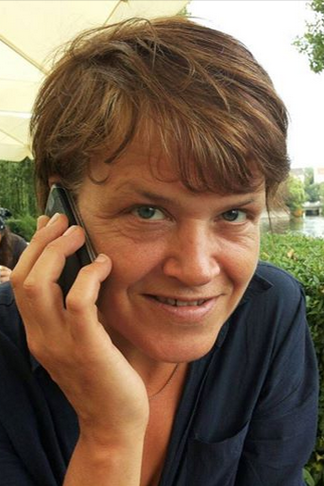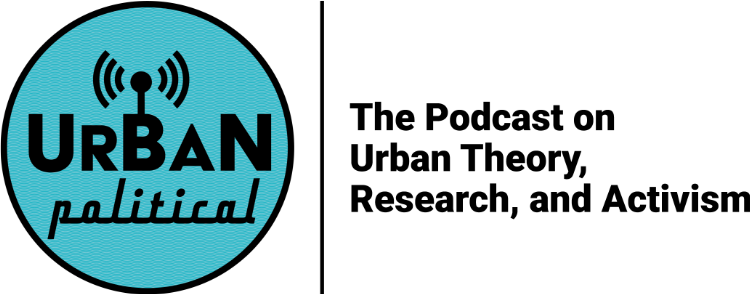Drawing on her understanding of community as an urban practice and her recent research on social and educational inequalities in Berlin, Talja Blokland underlines how the lockdown exacerbates inequalities in view of labor, education, and social capital. She presents her argument why digital media cannot replace the vital functions that social interactions in physical space play for addressing everyday concerns. And rather than celebrating the current moment of homeschooling as an alternative pedagogy, Talja exposes a highly critical view of how homeschooling deepens educational inequalities.
Our guest:

Talja Blokland
Talja is an urban sociologist who has worked at Yale University, the University of Manchester and various Dutch universities. Since 2009, she has held the chair of Urban and Regional Sociology at Humboldt-Universität zu Berlin. Her publications include Urban Bonds (Polity 2003), Creating the Unequal City (edited with C. Giustozzi, D. Krüger and H. Schilling, Ashgate 2016), Community as Urban Practice (Polity 2017), and various articles on race and ethnicity in the city, poor neighbourhoods, urban violence, gentrification, urban middle classes and neighbourhood relations and everyday interactions.
